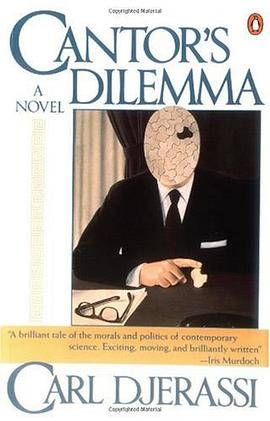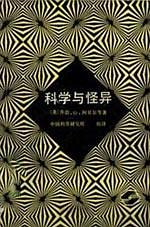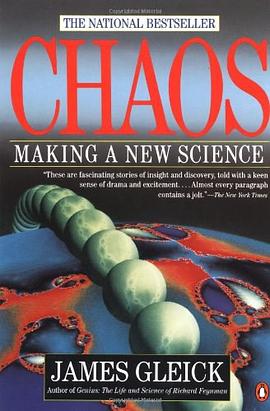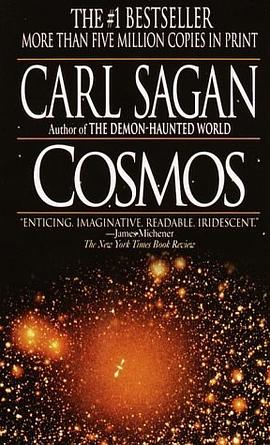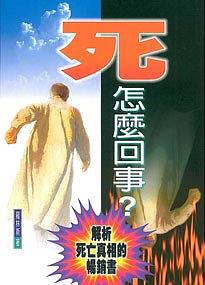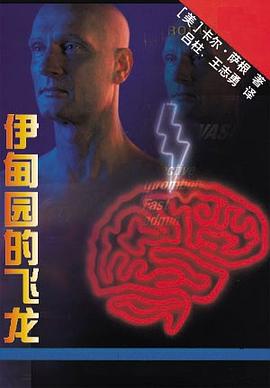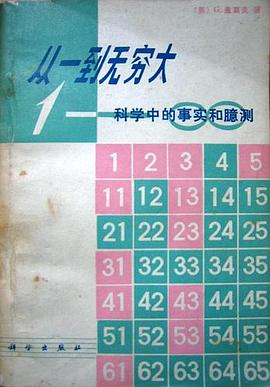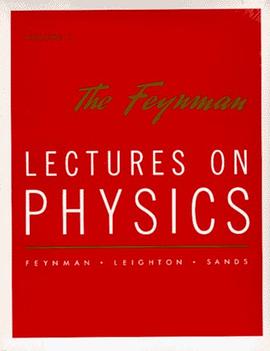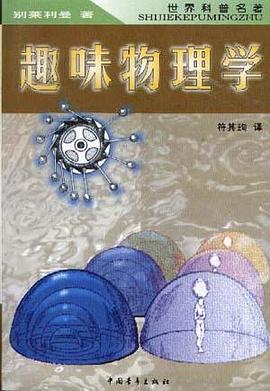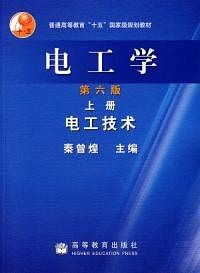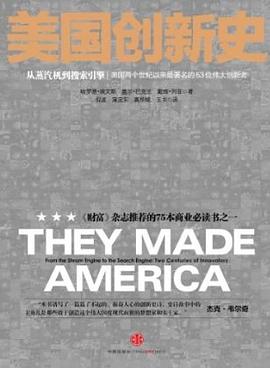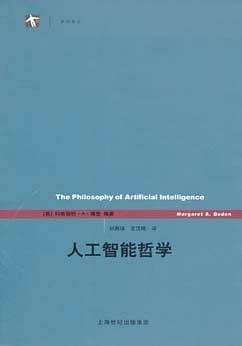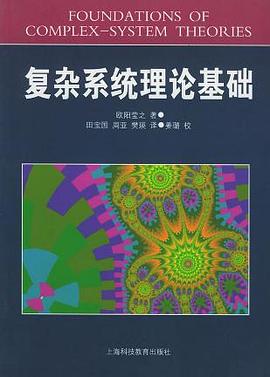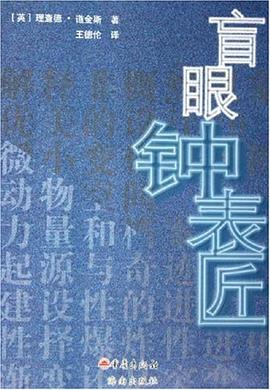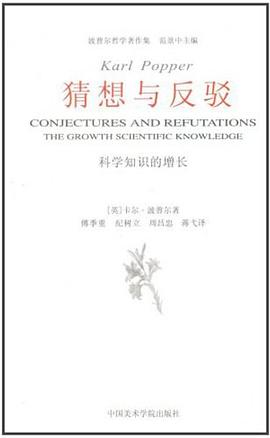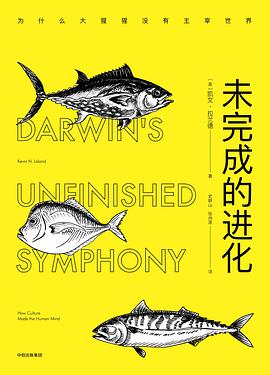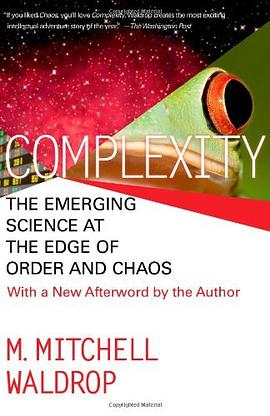

具體描述
In a rented convent in Santa Fe, a revolution has been brewing. The activists are not anarchists, but rather Nobel Laureates in physics and economics such as Murray Gell-Mann and Kenneth Arrow, and pony-tailed graduate students, mathematicians, and computer scientists down from Los Alamos. They've formed an iconoclastic think tank called the Santa Fe Institute, and their radical idea is to create a new science called complexity. These mavericks from academe share a deep impatience with the kind of linear, reductionist thinking that has dominated science since the time of Newton. Instead, they are gathering novel ideas about interconnectedness, coevolution, chaos, structure, and order - and they're forging them into an entirely new, unified way of thinking about nature, human social behavior, life, and the universe itself. They want to know how a primordial soup of simple molecules managed to turn itself into the first living cell - and what the origin of life some four billion years ago can tell us about the process of technological innovation today. They want to know why ancient ecosystems often remained stable for millions of years, only to vanish in a geological instant - and what such events have to do with the sudden collapse of Soviet communism in the late 1980s. They want to know why the economy can behave in unpredictable ways that economists can't explain - and how the random process of Darwinian natural selection managed to produce such wonderfully intricate structures as the eye and the kidney. Above all, they want to know how the universe manages to bring forth complex structures such as galaxies, stars, planets, bacteria, plants, animals, and brains. There are commonthreads in all of these queries, and these Santa Fe scientists seek to understand them. Complexity is their story: the messy, funny, human story of how science really happens. Here is the tale of Brian Arthur, the Belfast-born economist who stubbornly pushed his theories of economic ch
著者簡介
圖書目錄
讀後感
大学的时候,放弃其他的专业,选择化学,其原因是对 化学中那奇妙的反应着迷,想去了解。 普利高津的耗散理论,熵。 这个世界到底是会变成什么样呢? 岁月流逝,当时的激情已然不再,化学也离我远去。 看了复杂这本书,又让我感觉回到当时对这个世界的事务那种追求理解的年代...
評分记得这个本书还是在大学的时候看的,当时在图书馆里发现了这本书看了几页后就再也放不下来了,几乎是一口气看完了,陶醉于本书丰富的知识面,而且读起来又比较轻松。这几天又找来电子版重读,一样可以让人激动和震撼。
評分这是一本早就听说过的好书。我的硕士导师指定的必读书之一。我看了第一章,已经觉得很受吸引了。为此我还查阅了encarta上的美国地图,考察了旧金山的几座大桥,沿着阿瑟的行走路线好好地神游了一番。我还上google搜索了阿瑟的照片,下载了下来。我在看书的时候,禁不住会有一种...
評分每当已有的科学架构不足以解决一个集合的问题,新的学科就会孕育而出。不同于其它基于某学科而新设置的亚学科,复杂性科学是一门全新的科学,和传统的还原论相反,它呼吁将不同层次的元素的结合。即,“整体大于部分之和”。 有人认为科学之美在于简单,而复杂却和简单相悖。...
評分生物体经常相互适应而得以进化,从而将自己组合成为精巧协调的平衡系统;原子通过相互化合得以找到最小的能量状态,从而使自己形成被称之为分子的结构。在所有这些情形中,一组组单个的动因在寻求相互适应与自我延续中或这样、或那样地超越了自己,从而获得了生命、思想、目的...
用戶評價
此書的經典性不用贅述,我甚至進而認為人人都該讀一下它。雖然在今時今日仍有很多人在日常生活中堅持簡單粗暴的二分法,即便是在科研領域也不得不揮動奧卡姆剃刀閹割大量問題,復雜科學一定是未來的大方嚮,是大部分人重新認識世界和自己的必經之路。本書是帶有傳記性質的科普讀物,通過數位主人公的科研經曆敘述復雜科學從無到有的一段曆史故事,每一個主人公都是牛人,但他們的最終成功卻都不是一帆風順,有時候幾乎會令人嘆息其辛苦執著的痛苦之深。在讀故事的時候,一個個科學概念撲麵而來,作者用文字解釋,而沒有羅列數學公式,想必是為入門級讀者所考慮,而這並不會影響大傢的理解,隻不過需要從事復雜科學實踐工作的人當然必須去參閱其它專業書。總之,這本書能幫助人改變自己過去淺薄的眼界,開啓對於科學和社會生活中事物的高級認識,必五星。
评分現在纔發現,KK在《out of control》一書中的很多觀點都可以在這本書裏找到。不是說誰抄襲瞭誰,而是說很多人都曾經認真思考過這個問題,這些書籍就是那些思考的總結。
评分1997年,國內繼中譯本《混沌學傳奇》(“Chaos”)之後,又一本優秀的復雜性科學的翻譯著作。該本書詳細描述瞭美國 1980 前後,一批跨學科的科學傢們對復雜、混沌的邊緣、正反饋、人工生命等領域的探索,並以聖塔菲研究院的發起、成立及早期的研究活動為背景,展示瞭一幅波瀾起伏的科學思潮的興起!是國內大學本科、研究生獲得科學興趣,提高科學素養的優秀著作。
评分let me think of something about city, what we talk about the city in 1960 is more like something this book related to
评分《復雜》導讀 http://www.swarmagents.com/complex/intro/books.htm作者:張江(英文版封麵,中文版現在不好找)作者:米歇爾.沃爾德洛普 翻譯:陳玲齣版:三聯書店 《復雜》這本書的齣版可以說給中國的學術界打開瞭一扇窗子,讓我們真正的瞭解瞭國外的復雜性科學。有人稱《復雜》這本書是復雜性科學的“聖經”我看也一點不為過。《復雜》類似於紀實小說,讀起來輕鬆愉快,然而這也許會讓不熟悉的人摸不到頭腦,因為單單從每一章的標題根本讀不齣來這
相關圖書
本站所有內容均為互聯網搜索引擎提供的公開搜索信息,本站不存儲任何數據與內容,任何內容與數據均與本站無關,如有需要請聯繫相關搜索引擎包括但不限於百度,google,bing,sogou 等
© 2025 book.quotespace.org All Rights Reserved. 小美書屋 版权所有


